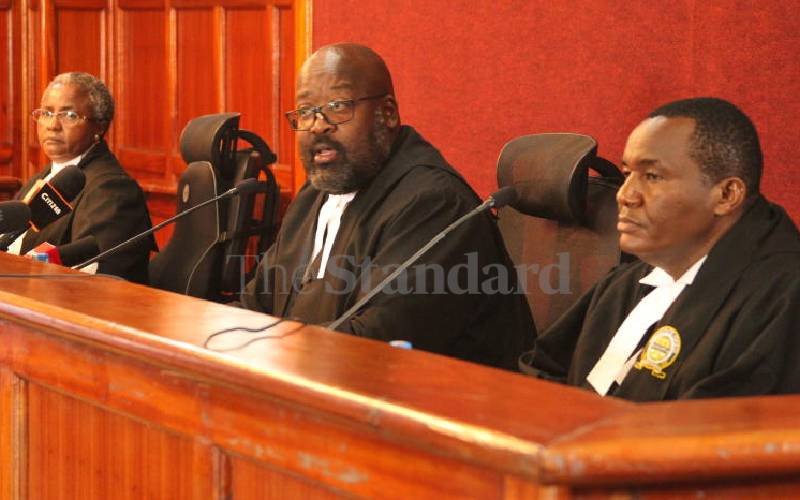×
The Standard e-Paper
Fearless, Trusted News

Workers are a happy lot, albeit temporarily after the court declared the housing levy an illegality.
The tax, many quarters said was partly to blame for the skyrocketing of the cost of living, had raided their pay slips and the relief was registered by their representatives.






